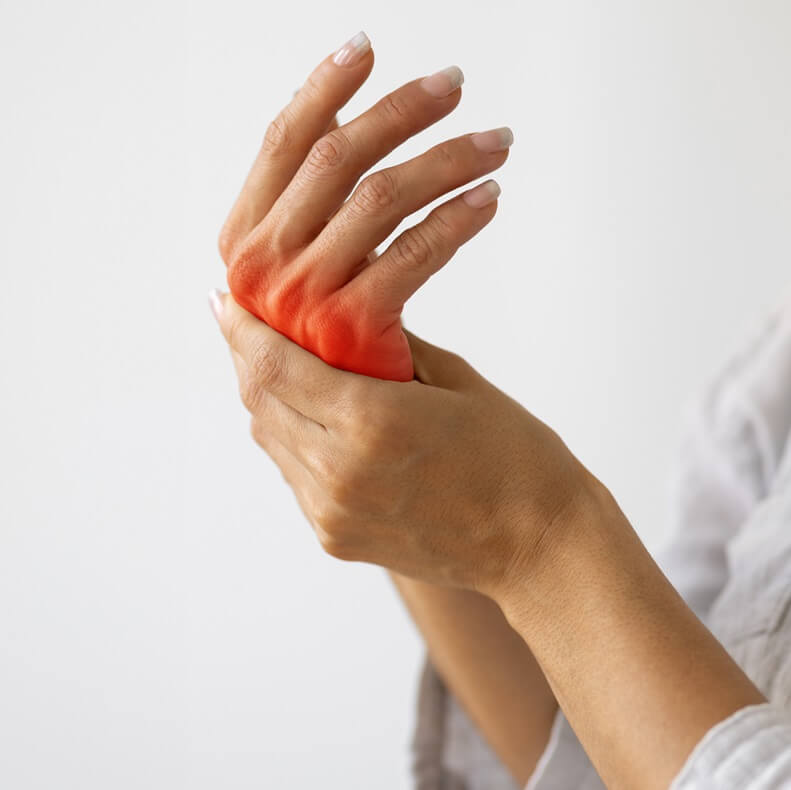
Details
Generalized Anxiety Disorder is characterized by excessive and uncontrollable worry about various aspects of life, including work, health, and social interactions. The anxiety is often disproportionate to the actual events and can persist for an extended period of time. In the U.S., the lives of 6.8 million people (3.1 percent of the population) are affected by GAD. 1 Treating Generalized Anxiety Disorder can be challenging, as patients frequently experience a low rate of full remission.
Though Selective Serotonin Reuptake Inhibitors (SSRIs) are widely prescribed for the treatment of Generalized Anxiety Disorder, these medications present several challenges. An estimated 50 percent of patients with GAD do not respond to a first-line treatment which includes SSRIs. Additionally, SSRIs typically require several weeks to show their therapeutic effects, and patients often report unwanted side effects such as nausea, sexual dysfunction, weight gain, and insomnia.

PSX-001
Generalized Anxiety Disorder
-
PsiGAD2
Ph 2 Dose Comparison- 94-patient, double-blind, safety and efficacy study
-
PsiGAD1
Ph 2 Trial- 73-patient, double-blind, safety and efficacy study
- Dosing completed January 2024
Market Details
The global GAD treatment market was valued at approximately $1.8 billion in 2023. The market is projected to grow at a compound annual growth rate (CAGR) of 9 percent through 2033, with the potential to reach $4.26 billion.
Our Programs
-

|IHL-42X
IHL-42X is an oral fixed-dose combination therapy of acetazolamide and dronabinol currently in clinical studies for the treatment of obstructive sleep apnea (OSA).
-

|IHL-675A
IHL-675A is an oral fixed-dose combination of a synthetic cannabidiol and hydroxychloroquine sulfate (HCQ) that is currently in Phase 2 development for the treatment of rheumatoid arthritis (RA).
